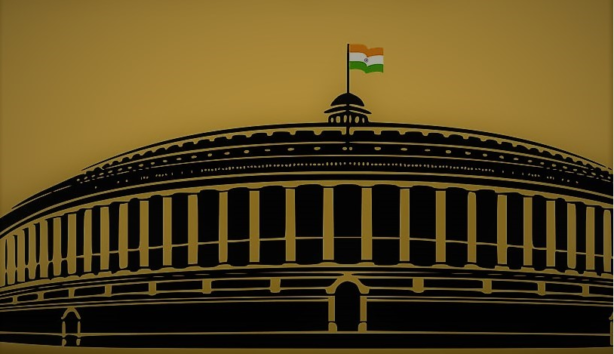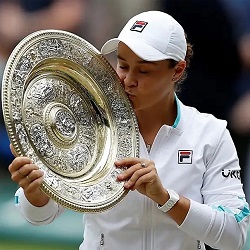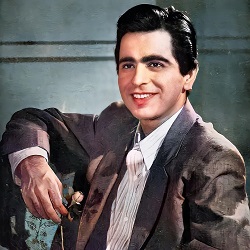SPEAKER- THE OFFICER OF THE LOK SABHA.
The Parliament Of India comprises of the President, the House Of People(Lok Sabha.) and the Council Of States( Rajya Sabha.) Article -79. Since 1925, Vithalbhai Patel was the first elected President of the Central Assembly. In 1946 G.V. Mavalankar was the elected speaker of the Legislative Assembly. Till now there have been eighteen speakers of the House.
The Speaker presides over the House Of The People. The office traces its origination during British times. The Government Of India Act of 1935 provides for the office of a Speaker and a Deputy Speaker.
Election Of The Speaker.
- Article-93, In the Lok Sabha, both Presiding Officers—the Speaker and the Deputy Speaker- are elected from among its members by a simple majority of members present and voting in the House. The senior-most member of the House is nominated for the purpose.
QUALIFICATION.
- There is no specific qualification prescribed by the constitution of India for being elected as Speaker. The Speaker should be a member of the House.
TERM OF OFFICE.
- The Speaker holds office from the date of election till immediately before the first meeting of the Lok Sabha after the dissolution of the one to which was elected. Eligible for re-election. On the dissolution of the Lok Sabha, the speaker does not vacate the office. His salary is charged on the Consolidated Fund Of India.
REMOVAL OR RESIGNATION.
- The Speaker at any time can resign from office by writing resignation to the Deputy Speaker. The Deputy Speaker performs the duty of the Speaker. If in case office of the Deputy Speaker falls vacant, then the duties of the Speaker shall be performed by such a member of the House as the President of India may appoint for the purpose.
- The Speaker can be removed from office only by a resolution passed by a majority of all the then members of the House present(special majority). Such a resolution needs the support of 50 members for consideration of the House. It is also mandatory to give a minimum of 14 days’ notice of the intention to move the resolution. If the resolution of removal is under consideration, the Speaker shall not preside, but can take part in the proceedings of the House. Has a right to vote in case of a tie.
POWERS OF THE SPEAKER.
- Speaker has to maintain the dignity of the House. It has authority over the premise and galleries of the House. Speaker has the final power to maintain order within the House and to interpret its Rules Of Procedure.
- In the absence of a quorum, the Speaker can adjourn the House or may suspend it till it has the required number of the members.
- It is the Speaker, who decides to hold the floor and speak, the time allotted to each item. What shall be proceedings, Speaker has the power to decide which question shall be asked. The bills passed by the House are authenticated by the Speaker.
- In case of a tie in voting, the Speaker may cast his vote.
- Article-118(4) says that the Speaker presides over the Joint-Sitting of both the Houses of the Parliament.
- Article-110(4) says its the Speaker of the House who decides a bill is a Money Bill or not.
- Speaker is the custodian of the rights and privileges of the members.
- Speaker appoints or nominates the chairpersons of the various committees. If in case the Speaker is a member of any such committee, then acts as Ex-Officio Chairman of such a committee.
- Speakers accept resignations of the members or member of the House.
- The Speaker is the head of the Lok-Sabha Secretariat.
SPEAKERS OF THE LOK-SABHA TILL NOW.
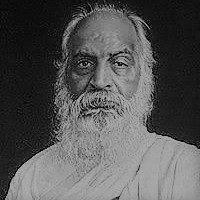
VITHALBHAI PATEL. 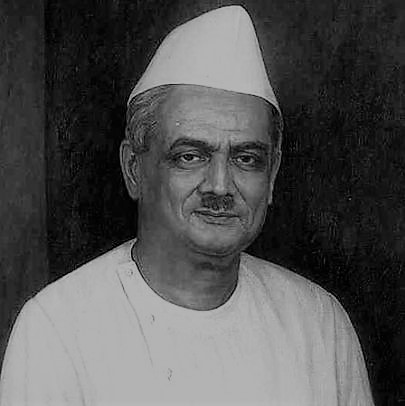
GANESH VASUDEV MAVALANKAR. 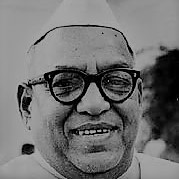
MADABHUSI ANANTHASAYANAM AYYANGAR. 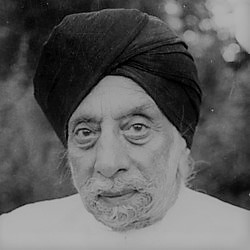
SARDAR HUKUM SINGH. 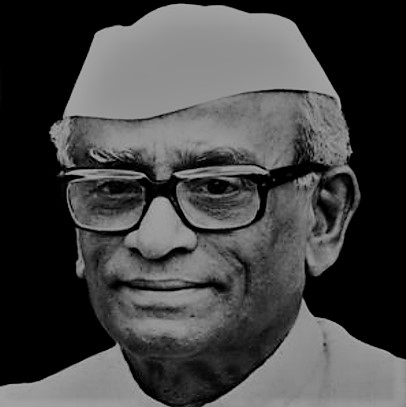
NEELAM SANJIVA REDDY. 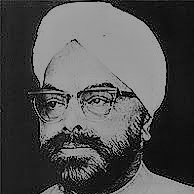
Dr.GURDIAL SINGH DHILLON. 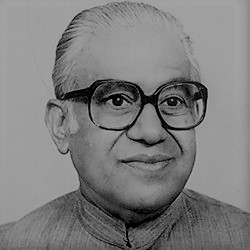
BALI RAM BHAGAT. 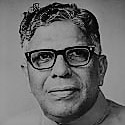
JUSTICE. KAWDOOR SADANANDA HEGDE. 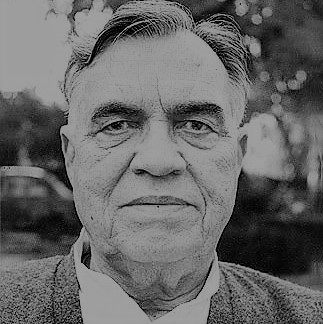
BALRAM JAKHAR. 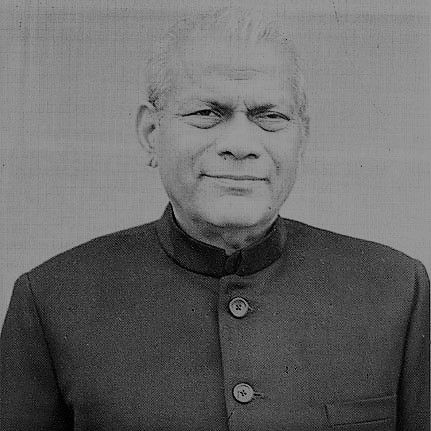
RABI RAY. 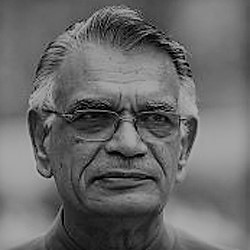
SHIVRAJ PATIL. 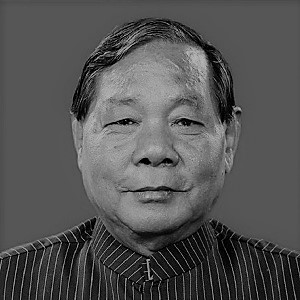
PURNO AGITOK SANGMA. 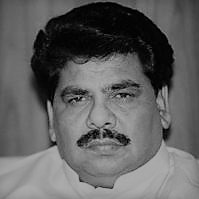
GANTI MOHANA CHANDRA BALAYOGI. 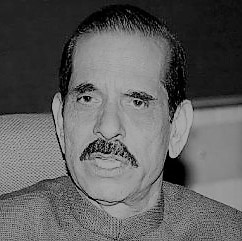
MANOHAR JOSHI. 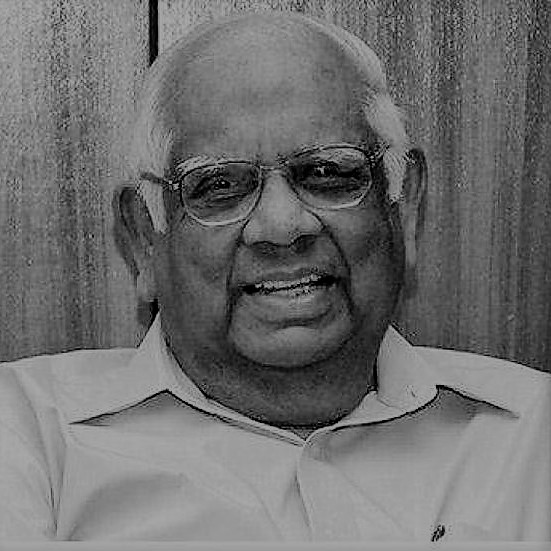
SOMNATH CHATTERJEE. 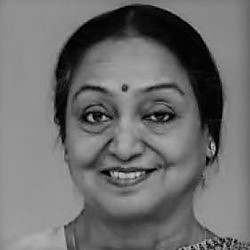
MEIRA KUMAR. 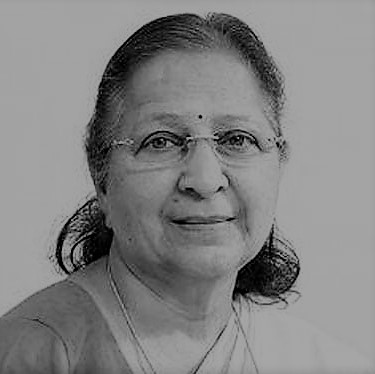
SUMITRA MAHAJAN. 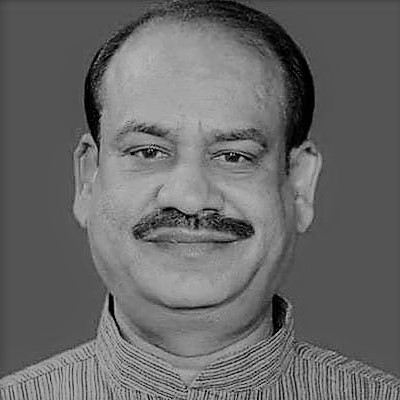
OM BIRLA.
- VITHALBHAI PATEL- In 1925, Vithalbhai Patel was the first elected President of the Central Assembly.
- GANESH VASUDEV MAVALANKAR- He was known as Dadasaheb. He was the President of the Central Assembly 1946-47. Post-independence he was the first speaker of the Lok-Sabha.
- MADABHUSI ANANTHASAYANAM AYYANGAR- He was the first Deputy Speaker of the Lok-Sabha. Later elected as the Speaker of the Lower House.
- SARDAR HUKUM SINGH- He was Governor of the Rajasthan.
- NEELAM SANJIVA REDDY- He was the first Chief Minister of the Andhra Pradesh. Twice elected as the Speaker of the Lok-Sabha and later became the youngest President of India. He was elected unopposed.
- Dr.GURDIAL SINGH DHILLON- He was Indian High Commissioner to Canada. Later he was Minister of Agriculture.
- BALI RAM BHAGAT- He was Member Of Parliament for five times consecutively from Arrah. Was a Minister of State for Planning as well as Finance. He had a short stint of Ministry of Defence. Later became the Minister of State for External Affairs. He became a member of the cabinet in 1969 when he was appointed the Minister of Foreign Trade and Supply. Later, he was the Minister of Steel and Heavy Engineering.
- JUSTICE. KAWDOOR SADANANDA HEGDE- He was the judge of the Supreme Court Of India. A member of the Council Of The States. He was among the thirteen judge bench which decided the famous
Kesavananda Bharati Vs State of Kerala case. He became the Speaker of the Lok-Sabha after the resignation of Neelam Sanjiva Reddy. - BALRAM JAKHAR- The longest-serving Speaker of the Lok-Sabha(elected twice). Was a Central Agriculture Minister. He became first Asian to be elected as Chairman of Commonwealth Parliamentarian Executive Forum. Later appointed as the Governor of Madhya Pradesh.
- RABI RAY- The first Odissi Lok-Sabha Speaker. He was Member Of Lok Sabha and later elected to Rajya Sabha. Union Minister Of Health And Family Welfare.
- SHIVRAJ PATIL- He held various important ministries including Union Home Ministry. A Vice-President of Council Of Scientific And Industrial Research. He chaired the Public Undertakings Committee. Later was appointed as the Governor of Punjab and Administrator of the Chandigarh.
- PURNO AGITOK SANGMA- The Chief Minister of Meghalaya and the first recipient of Padma Vibhushan from the State. He contested the election of President of India and was defeated by Pranab Mukherjee.
- GANTI MOHANA CHANDRA BALAYOGI- The first Dalit Speaker of Lok-Sabha. Elected twice as a Speaker. Chaired the Business Advisory Committee, Rules Committee, General Purposes Committee and Standing Committee of the Conference of Presiding Officers of Legislative Bodies in India, presided over the Indian Parliamentary Group, National Group of Inter-Parliamentary Union and India Branch of the Commonwealth Parliamentary Association.
- MANOHAR JOSHI- The Chief Minister Of Maharashtra. Later elected to the Rajya- Sabha.
- SOMNATH CHATTERJEE- A Communist leader. He was appointed as the pro tem speaker and subsequently, he was unanimously elected as the Speaker of Lok Sabha. After Ganesh Vasudev Mavalankar Chatterjee was the second pro tem Speaker after to achieve this feat.
- MEIRA KUMAR- First Woman Speaker of the House. Daughter of former Deputy Prime Minister Jagjivan Ram. The former Indian Foreign Service officer was an ambassador of India to various countries. She has served as a cabinet minister in the Ministry Of Social Justice And empowerment. She was a nominee for the Presidential Election but was defeated by Ram Nath Kovind.
- SUMITRA MAHAJAN- The Second Woman Speaker of the House. She had been elected eight times and was longest-serving women member of the House. Earlier she was Union Minister and hold the portfolios for Human Resource, Petroleum and Communication.
- OM BIRLA- A philanthropist now the Speaker of the Lok- Sabha.
